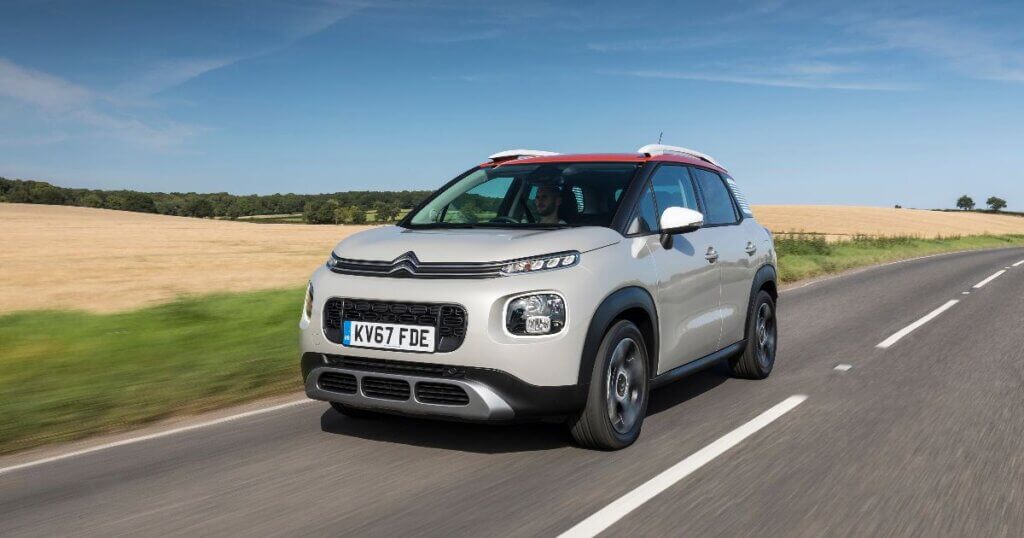Petrol vs diesel cars comparison
Purchase price
When comparing the initial purchase price of both diesel and petrol cars, diesels typically cost more, even on the used market. This is mainly because modern diesel cars are fitted with complex engine technology.
To reduce particulate emissions, newer diesels are fitted with a selective catalytic reduction (SCR) system, which costs more to produce. Also, because diesel engines use a higher compression ratio, the engines have to be built to withstand this process. This requires the use of heavier materials, which can often come at more of a cost.
The price you pay will also be dependent on other things such as the car’s age, make and model. For example, purchasing a used diesel can be cheaper than purchasing a new petrol car and you can sometimes find a higher-spec car at a comparative price.
Fuel efficiency
When comparing like for like, you will get a better mile per gallon (mpg) from a diesel car. This is because diesel fuel produces more energy compared to petrol. This makes diesel better suited for long-distance journeys, whereas petrol cars are more suited for short trips.
Fuel price
You will notice at the pumps that diesel typically costs more than petrol. This is mainly due to the differences in formulation. Diesel is inherently more complex to formulate because of its higher energy density and combustion requirements. Additional additives and processes are required to produce diesel which drives up the costs to produce it.
The price you pay at the pump for petrol and diesel also fluctuates according to supply and demand. As demand increases, so does the price of the fuel.
This is why you should consider how and where you drive. Although diesel appears more costly than petrol at the fuel pump, it can be a more economical option for those who cover longer distances.
Maintenance
Maintenance costs will depend on the particular make, model and age of the car as well as the mileage, and how it is driven.
Modern diesels are fitted with more complex parts. These often come at a higher cost when they need replacing. For example, if a diesel particulate filter (DPF) needs replacing, this can set you back anywhere between £1,000 to £3,500. Therefore, if you are looking to buy a used diesel car, this is something that you should enquire about before you make a purchase.
On the other hand, while petrol cars can be cheaper to repair, they often wear more quickly than their diesel alternatives. So although they may be cheaper to repair, they may mean more frequent trips to the garage over their lifespan which could ultimately end up costing you more in the long run.
Resale value
When comparing both diesel and petrol, diesel cars are typically more expensive to buy. This is because their engines often require extra parts compared to petrol vehicles.
Much like the initial purchase price, When considering the resale value, in some cases, diesels actually hold their value better than petrol cars. This is particularly true for large diesels with petrol alternatives as the petrol option can often be costly to run.
Noise and comfort
Due to the difference in engine structure and technology, petrol engines are usually quieter than diesel. They often provide a smoother driving experience with a sharper response to acceleration.
On the other hand, diesel engines produce a higher level of torque which can make for a more relaxing drive. Diesel engines can also be noisier compared to their petrol alternatives. Although, they have become a lot more refined over the years so newer diesels have less of a noticeable engine noise compared to petrol engines.
Engine lifespan
Diesel and petrol engines are built differently to handle the different combustion requirements. Because diesel engines have a higher compression ratio they are often built to be more robust. Furthermore, the composition of diesel helps to lubricate parts of the engine when in use, which can help further prolong the life of the engine further.
Towing capacity
If you regularly tow a large trailer, caravan or horse box, then a diesel is a more practical solution. Diesel engines naturally generate more torque, which is what’s needed to comfortably tow heavy loads.
Environmental impact
There is a lot of debate and misinformation out there about the environmental impact of diesel and petrol cars.
Diesel cars are often vilified, with many believing that they are worse for the environment than petrol cars. Whilst this is partly true, diesel cars do emit less hydrocarbons, carbon monoxide, lead pollution and other particulates compared to their petrol counterparts. However, they do emit more noxious gases and significantly more particulates which contributes to poor air quality – particularly amongst older diesel engines. It’s worth noting that modern diesel engines are far superior in terms of emissions.
Whilst petrol cars do not emit as much nitrogen oxide (NOx) gases as older types of diesel, they do emit more carbon dioxide (CO2) which is a key contributor to greenhouse gases.



